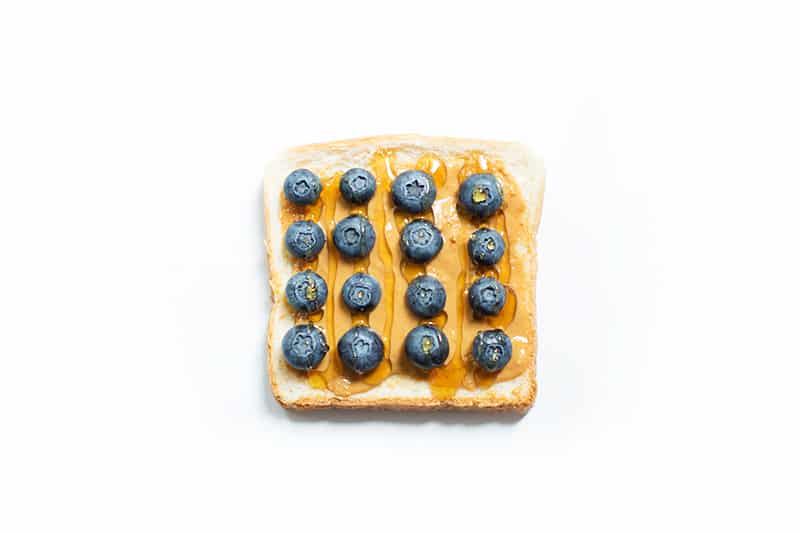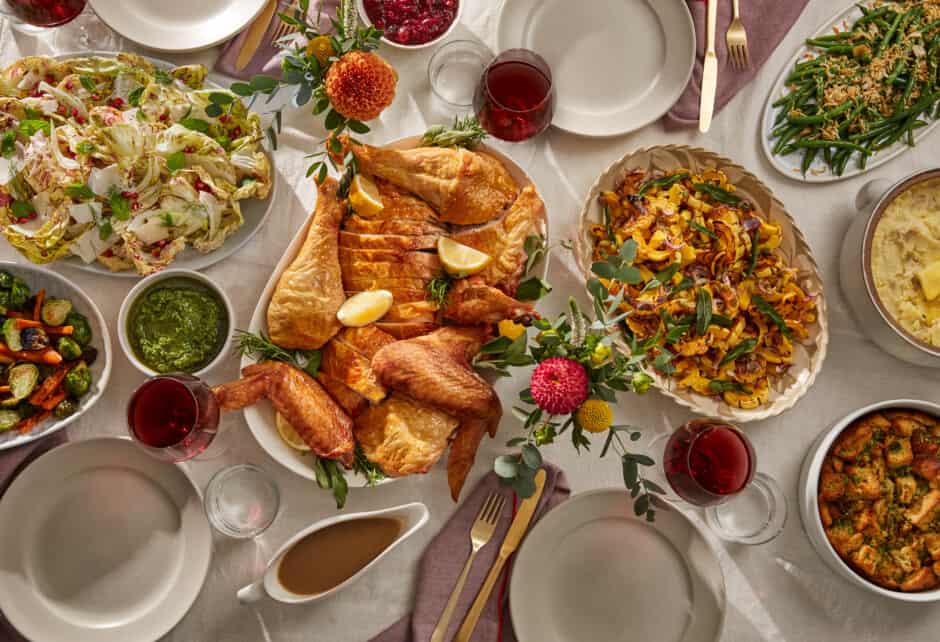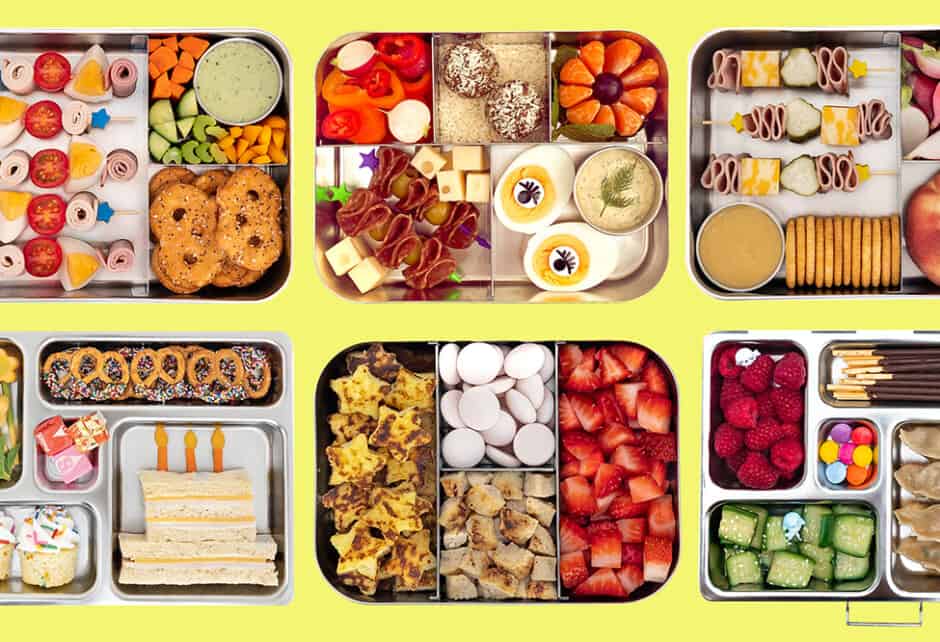
A Food Activist Mama Schools Us On Allergens, GMOs, And Clean Eating
Written by Katherine Oakes
Photography by Photographed by James Kicinski-McCoy
Described as the Erin Brockovich of the food industry, Robyn O’Brien is a former financial analyst who became a passionate activist for clean and organic food in America after her child was diagnosed with a life-threatening food allergy. Since her wildly popular TED talk in 2011, which demonstrated the link between genetically modified crops in the U.S. and a rise in allergies and cancer, the courageous mother of four has gone on to make enormous progress by encouraging big companies to eliminate their use of GMOs and other harmful chemicals, simply, as she says, by starting from a place of concern and love for our kids. Here, we sit down with O’Brien and talk to her about all that and more.
Since you gave your TED talk in 2011, what have you seen change in the food industry as a result of your work?
“That talk changed my life. It changed millions of lives and has been viewed millions of times and nothing can prepare you for that. It threw me onto the frontline so fast. There were companies that absolutely hated me for that, but there was also a dad who was a CEO at Nestlé who reached out and asked me to give a talk [there], because I could say the things he couldn’t say. When I told people that I was going to Nestlé, they thought I was crazy, but I said, ‘How can we have the conversation if we don’t even sit at the same table?.’ The most powerful part of my resumé was that I was a mom and that courage was very contagious. So, I started being invited to have these conversations with very, very powerful companies. I realized we have to engage them, because if we really want to change things, we have to get the big guys involved.”
How do you feed your own family?
“I have four kids and during the years before this started the reason why I had reached for the processed foods was because I didn’t know how to cook and I was so intimidated by that. So, as I was teaching myself how to cook, I brought the kids in on it. As we did this, we all learned how to cook! If you can invest that time when they are little, it pays off when they are teenagers. There are so many little things you can do to get you back to real food. We just keep it simple and healthy.”
Do you think it’s important to eat only organic?
“At this point we’ve got a very broken food system. It is structured in such a way that the foods grown with pesticides are supported by the government and our economy and the organic farmers who are certified by law and the USDA to have only grown their produce without chemicals or artificial growth hormones are the more expensive foods to produce. So, what we did as a family was think about what we eat most. Then you can recognize what you need more of and pick those foods. You have to do what you can with what you have. Don’t beat yourself up, focus on progress not perfection.”
As a mother and an activist, how do you teach your children about healthy eating?
“Kids who have food allergies have a responsibility and maturity. It’s a life or death situation, so they have to know about it. The challenge as a parent is how do you know how to educate them without paralyzing them with fear. Teaching them the importance of clean, simple, and real food is so valuable, as well as teaching them what to do if something happens. As parents we tend to bring our fears into it, but for a child with a food allergy it’s a way of life—having your epipen with you is as normal as buckling your seatbelt in the car. Today, since there are so many allergies, kids see their friends dealing with it and have a sensitivity to it.”
What things should parents avoid feeding their families?
“Steer clear of new additives that other countries don’t allow. Or the artificial growth hormone in dairy, called RBGH, that is banned overseas—we are the only developed country that allows it! Many of the produce that is grown with GMOs are engineered to withstand chemicals that the WHO is now saying is probably carcinogenic. You know as a mom that you don’t allow weedkiller under your sink, but that is the same stuff that is going on our food. Try to navigate around these newer synthetic ingredients, and go to the globe and look to the global consensus on things.”
What are the biggest changes you hope to see happen in your lifetime?
“The biggest goal that I have in my lifetime is to make clean and safe food affordable and available to everyone who wants it. I do not think it should be a function of zip code. We need to have more farmers grow more organic food. Only 1% of the farmland in America grows organic. The natural and organic food industry in the U.S. is currently at 5% of total food sales and growing at 14%! We need policies to help grow that 1% of farmland to support the growth in the food industry! If we bring down the price of organic in United States, everybody wins. We need to focus on this and there are major companies working on it, as well, like what Annie’s and General Mills are doing, that’s huge, and Organic Valley just because the first $1 billion organic brand! It is a fundamental human right that I think all families should have access to.”
Share this story




